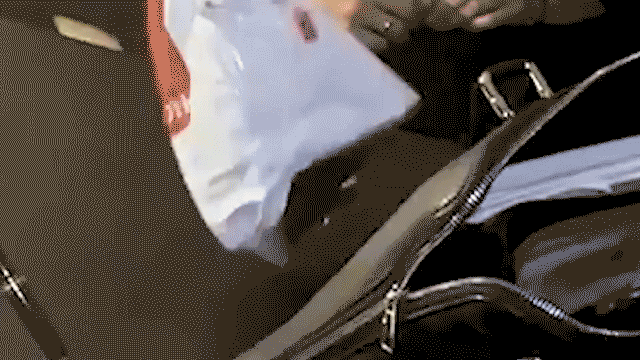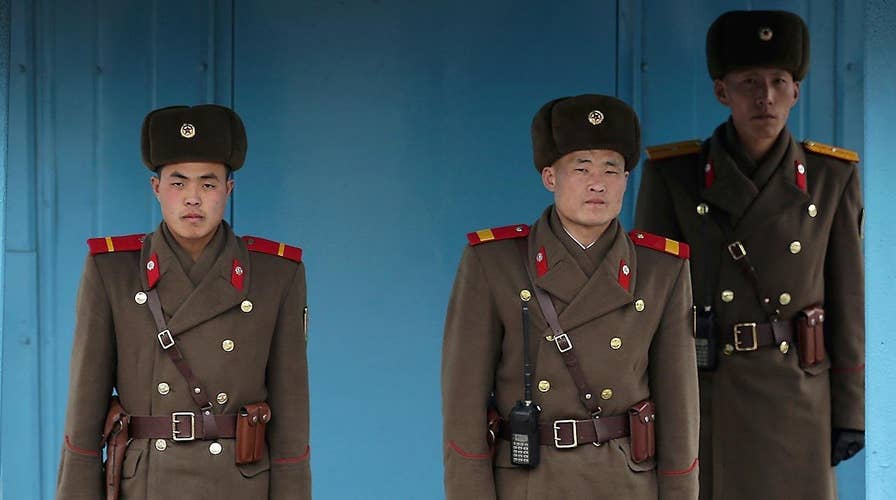Will new sanctions on N. Korea make any difference?
The US and China have agreed on new, tougher sanctions on North Korea to send a message: We will not tolerate any nuclear proliferation. But will this have any impact? US Amb. to the UN Samantha Power goes 'On the Record'
The vote on the U.S.-penned and Chinese-approved United Nations Security Council resolution that calls for strong sanctions on North Korea over its January nuclear test and February long-range missile launch is being delayed by Moscow. The 15-member council was poised to vote on the resolution over the weekend, but Russia, a veto-wielding member of the council, has asked for more time to review it.
Negotiations over the resolution started after Pyongyang’s fourth nuclear test on January 6.
Russian Ambassador to the United Nations Pyotr Ilyichev told reporters Moscow needs time to study the resolution as it contains “a vast number of details,” but some western diplomats tell Fox News the delay can be attributed to Kremlin muscle flexing, signaling to Washington and Beijing that they may agree on the resolution’s text, but ultimately both governments must fully include Moscow in considerations.
China and Russia historically have been North Korea’s allies on the Security Council, often delaying and blocking action that would punish their Cold War partner. The White House announced last week that Beijing, also a veto-wielding member of the council, was on board to let the U.S. resolution pass. By Thursday afternoon, the Security Council held consultations on the draft resolution.
After the meeting, U.S. Ambassador to the U.N. Samantha Power said the resolution contained the “strongest set of sanctions imposed by the Security Council in more than two decades,” requiring for the first time all cargo going in and out of North Korea to be inspected. The resolution also imposes stiffer financial sanctions on North Korean banks and assets, as well as placing restrictions on the exports of North Korean coal and precious minerals and a ban on imports of aviation and rocket fuel.
After the draft resolution was shared with council members, U.N. diplomats said they expected a vote as early as Saturday. Russia has been the sole hold-out as the council awaits the green light from Moscow to go ahead with the vote. In principle, the vote could be called later Monday, but as the day progresses that has appeared less likely.









































